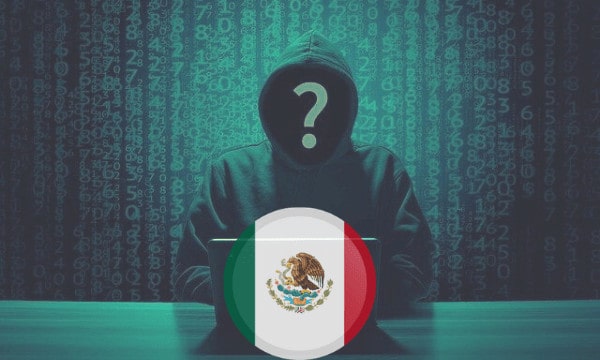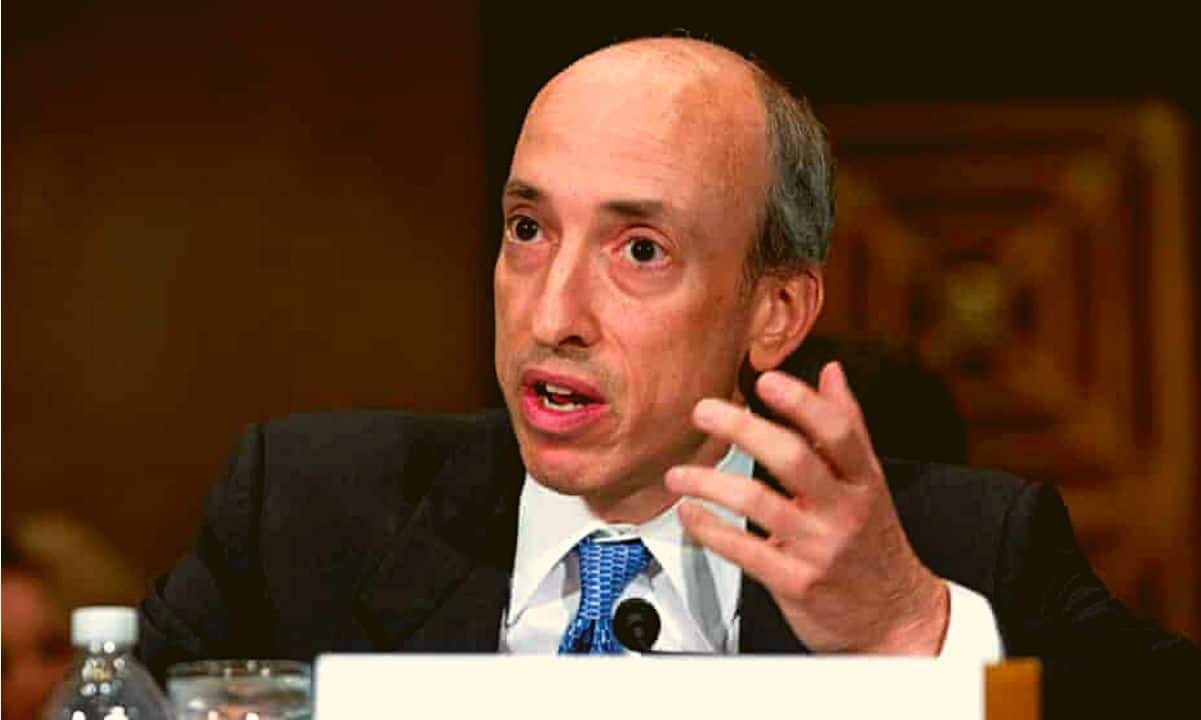Labor Department Sued for Opposing Crypto in Retirement Accounts
The San Francisco-based 401(k) provider ForUsAll is suing the US Labor Department for investigating businesses offering cryptocurrencies within customers’ retirement accounts. The company alleges that the department is infringing on customers’ rights to choose how to invest their own money.
Violating the APA
According to the complaint filed on Thursday, ForUsAll declares the DOL’s attack “arbitrary and capricious,” and beyond the scope of its authority under the Employee Retirement Income Security Act (ERISA). They also allege that it fails to follow the notice and commitment process required by the Administrative Procedure Act (APA).
The APA established in 1946 was designed to prevent over-encroachment by state administrators upon private rights. It provides for judicial review of an agency when its actions are found to exceed its statutory authority.
The same act may soon become extremely significant elsewhere within the crypto regulatory quagmire. Grayscale CEO Michael Sonnenshein has claimed that his fund may be forced to sue the Securities and Exchange Commission for violating the APA for not allowing its conversion into a Bitcoin spot ETF.
The complaint claims that a DOL official has admitted to purposefully ignoring the APA’s notice and comment rulemaking process for political expediency.
Crypto’s Legitimacy
Regarding the ERISA, the company argues that it does not deem any asset to be “presumptively imprudent,” nor does it “mandate paternalism” regarding participant investments.
“Cryptocurrency is a widely accepted asset class,” stated the complaint. “Tens of millions of Americans have included it in their portfolios, as have some of the nation’s largest institutional investors, including Harvard University’s endowment.”
The complaint also referenced President Biden’s executive order from March, in which he formally declared the promotion and use of cryptocurrencies as the “policy” of the United States. Yet only the day after the President’s directive, the DOL issued a release focused explicitly on the risks pertaining to crypto investments.
The DOL also denounced Fidelity’s plans to incorporate Bitcoin into 401(k) accounts in April. Ali Khawar – assistant secretary of the Employee Benefits Security Administration – said that he believes 401(k) accounts should be focused on less volatile assets.
Fidelity responded to these concerns by stating that digital assets would play a big role in the future of the financial industry. Assets besides Bitcoin may also be offered by the company in the future.









